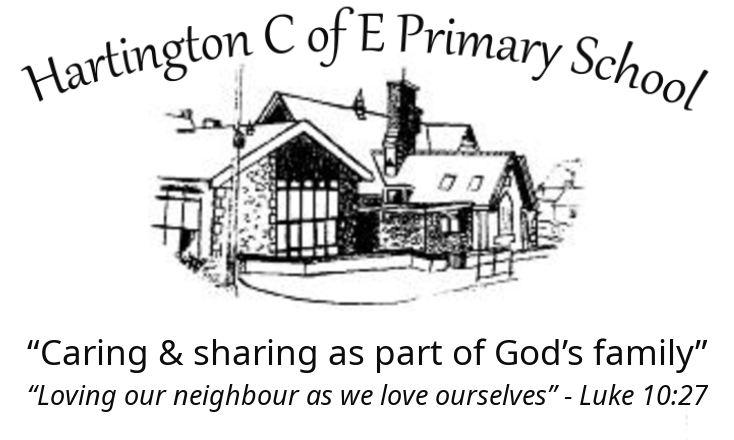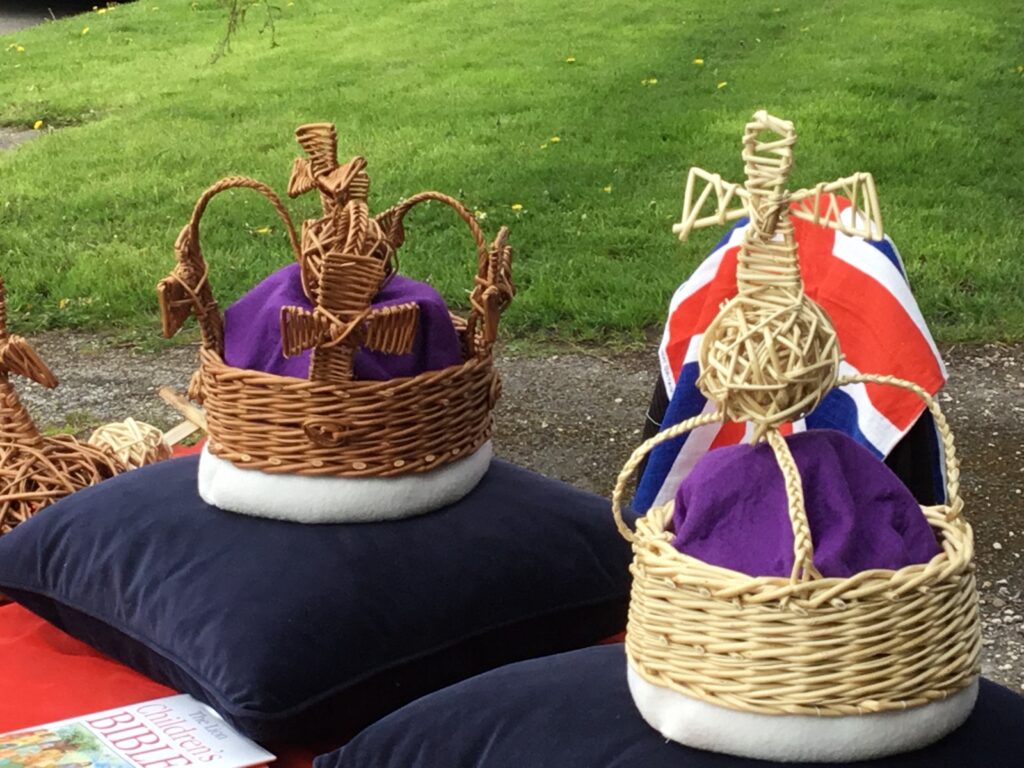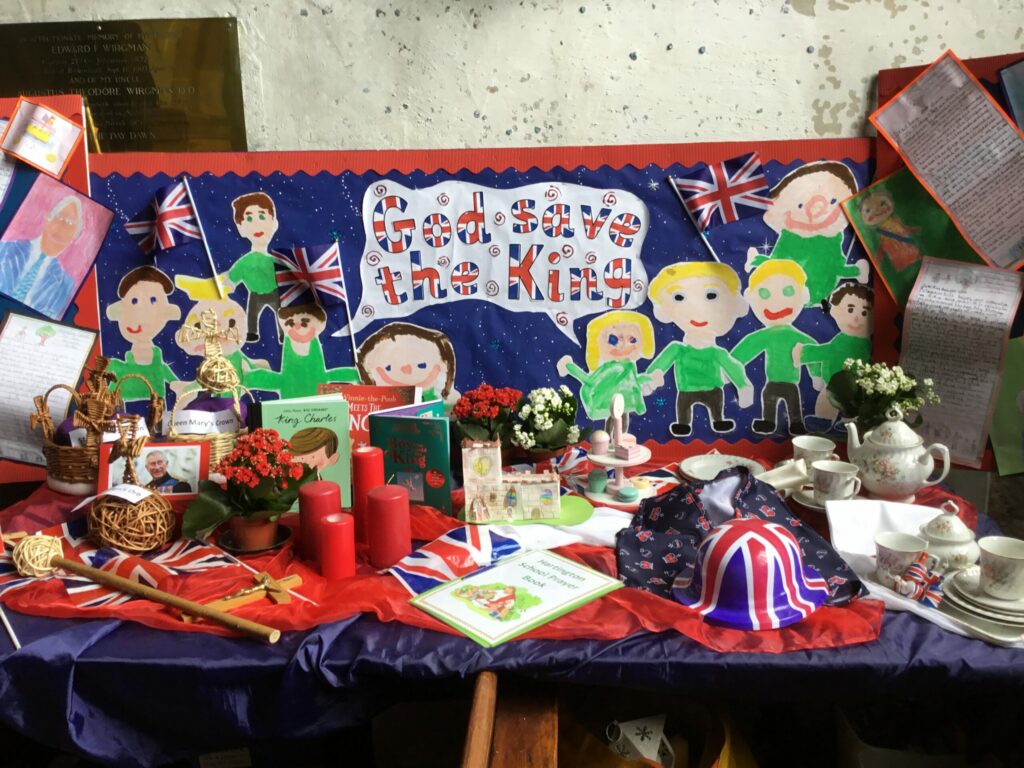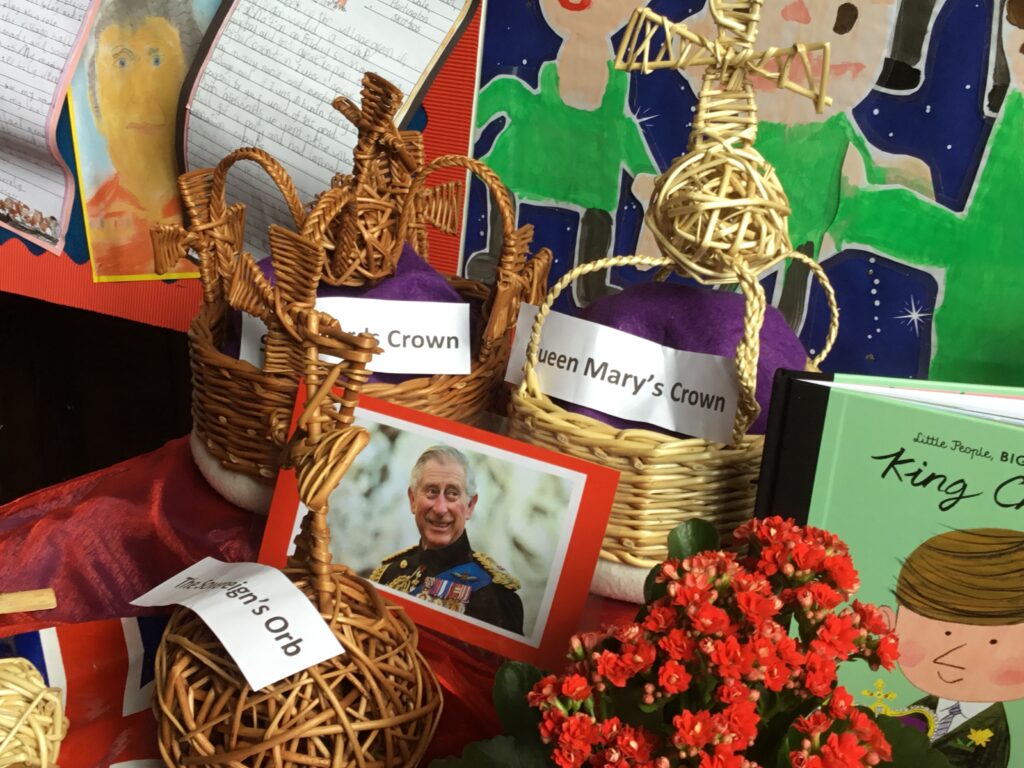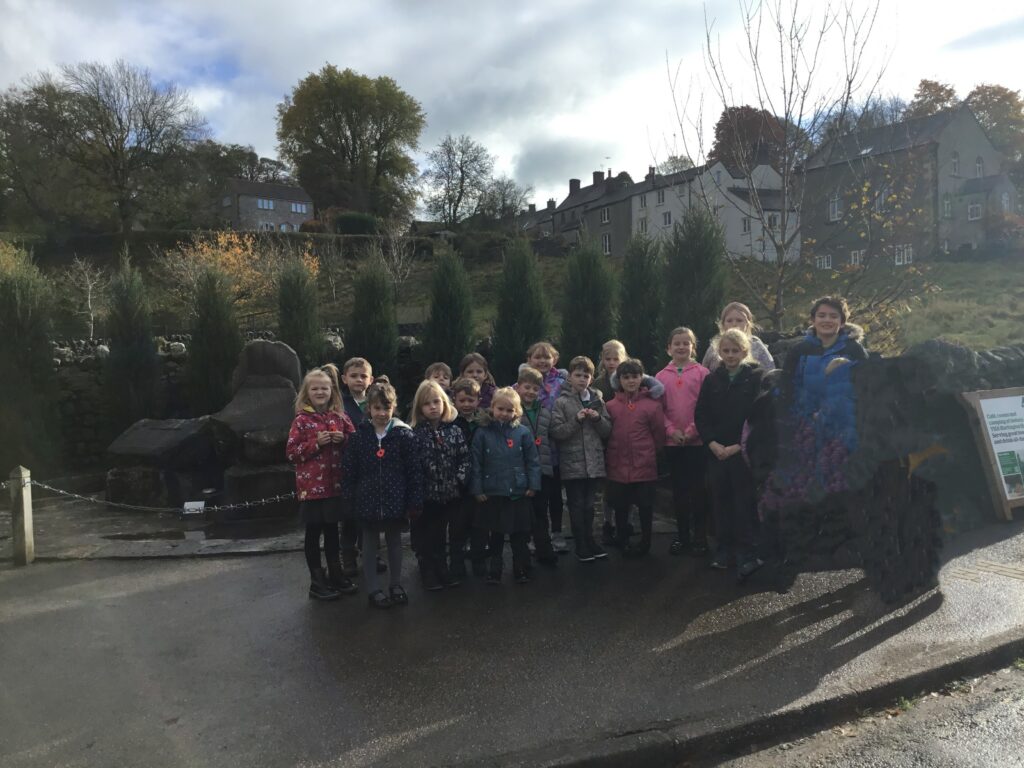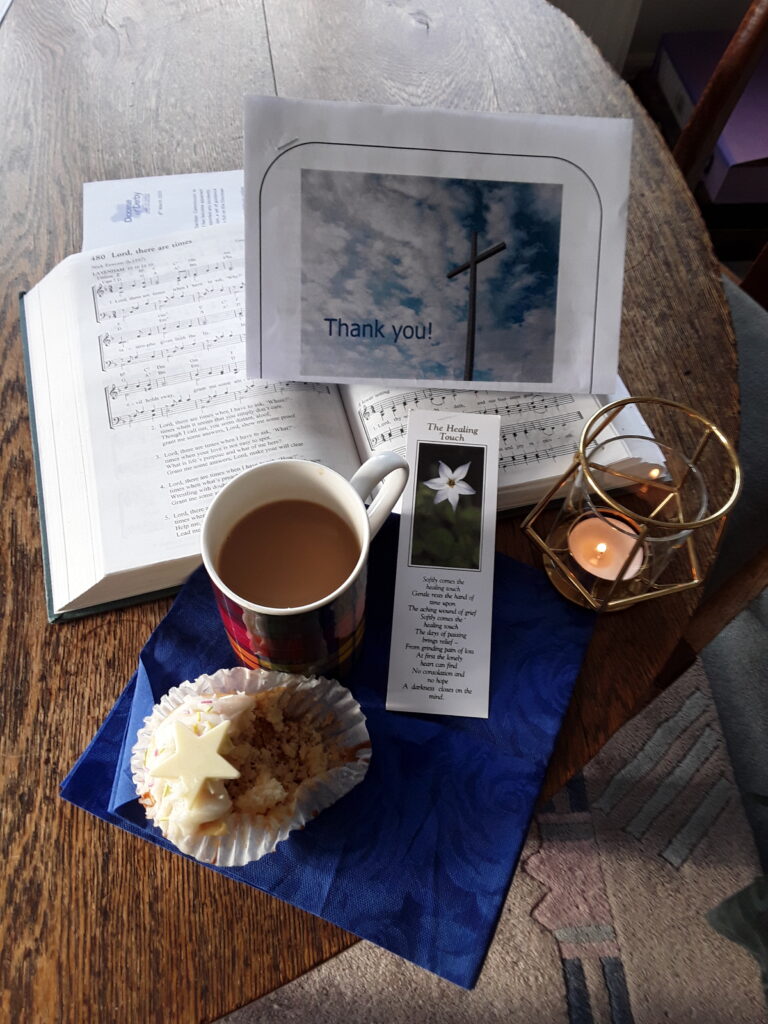British Values at our School 2024
Children’s Respect Policy 2024
Cultural Capital Policy 2023
At Hartington C of E Primary School we teach the fundamental British values of democracy, the rule of law, individual liberty, and mutual respect and tolerance of those with different faiths and beliefs.
Actively promoting the values means challenging opinions or behaviours in school that are contrary to fundamental British values. We allow students to develop their self-knowledge, self-esteem and self-confidence and to distinguish right from wrong and to respect the civil and criminal law of England.
We encourage students to accept responsibility for their behaviour, show initiative, and to understand how they can contribute positively to the lives of those living and working in the locality of the school and to society more widely.
We enable students to acquire a broad general knowledge of and respect for public institutions and services in the UK and for them to gain an appreciation of and respect for their own and other cultural traditions.
We teach a values based education including all 14 Christian Values, including those listed above. We value the backgrounds of all our pupils and families and undertake a variety of events and lessons to celebrate these. We have found this approach to be enriching for everyone as it teaches tolerance and respect for the differences in our community and the wider world. Underpinning all this, are a range of curriculum topics which have strong links to the British Empire. In following the our RE curriculum all pupils will learn in detail about key faiths and through this learning they will be taught to show respect for those faiths. Through History pupils are taught about significant periods in British history and are encouraged to identify these in chronological order.
There is a strong focus on the work of famous British figures both past and present and the children really enjoy learning about people from the past and in particular those who have had an impact on the modern world and our community.
We commemorate the First World War the whole school were involved in a project revolving around the experiences of a local soldier. This involved the impact on the local community before, during and after the war and extended to show the impact on the British Empire and thus on British Society today.
The school holds Poppy Day celebrations and a Remembrance Service at the War Memorial which is also attended by members of the local community.
In recent years, we marked the passing our Queen Elizabeth II and learnt more about her history and many of the firsts she experienced as Queen such as the first long distance telephone call. We celebrated the Coronation of King Charles III and looked into the traditions surrounding a Coronation in the UK.


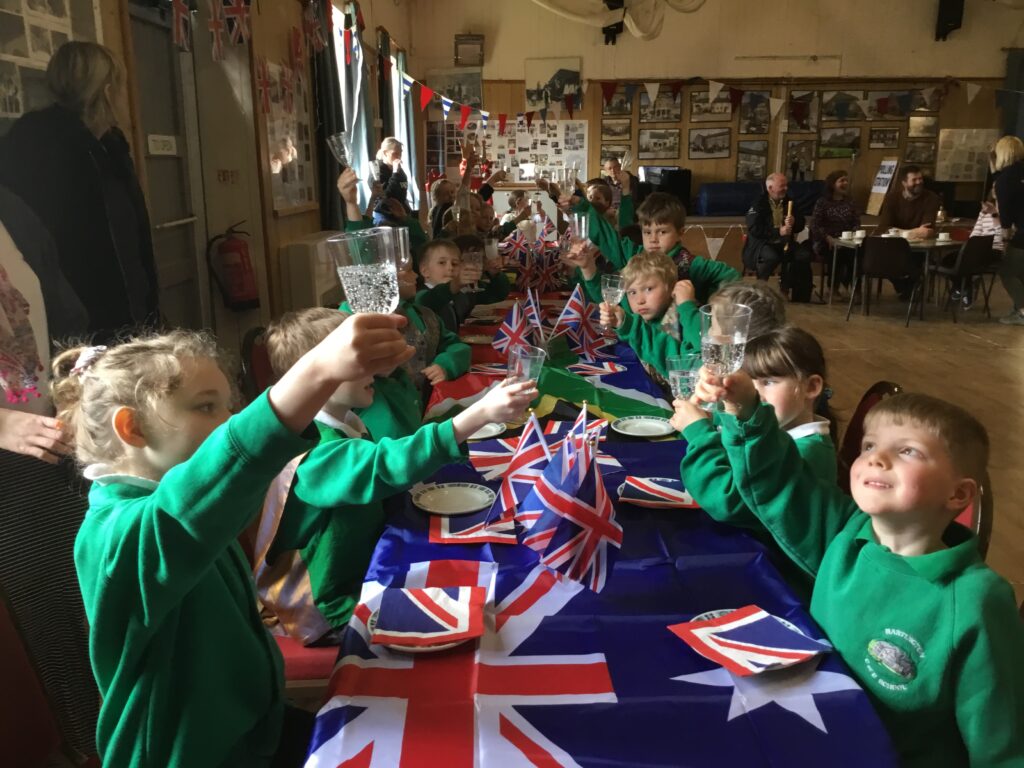
There is also a School Council at Hartington C of E Primary School. The roles and responsibilities of the council are shared by all the children. The School Council meets termly, following an agenda and taking minutes. Actions taken by the School Council are carried out in a democratic manner.
On a more general level, the school undertakes daily collective worship which upholds traditional values of empathy, respect, reflection and tolerance and is guided by the 14 Christian Values. These are also taught within SEAL, PSHE and RE lessons and are embedded throughout the curriculum and school life.
Last updated: November 2023
